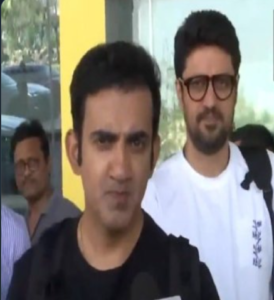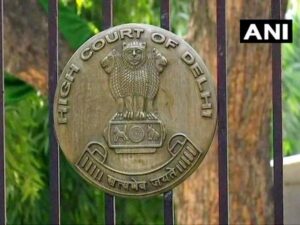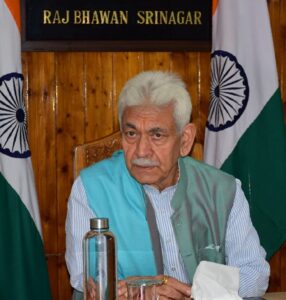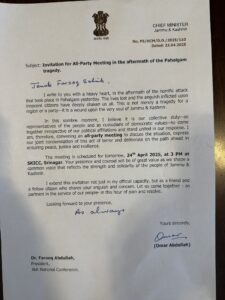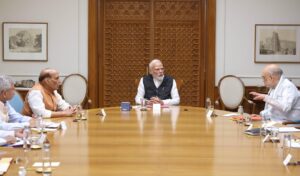SC seeks Centre reply on plea seeking to refer to medical board man’s case for allowing passive euthanasia
New Delhi [India], August 20 (ANI): The Supreme Court on Tuesday asked the central government to file a reply to the plea seeking direction for the constitution of a medical board to consider whether a man who is in a vegetative state can be allowed to undergo passive euthanasia (mercy killing).
A bench led by Chief Justice of India DY Chandrachud has sought a response from the Centre and others on the plea.
The man, through his mother and father, has approached the Supreme Court, challenging the Delhi High Court order. The petitioner was represented by advocate Manish Jain and Jugul Kishor Gupta.
The petition said that the man is in a miserable state due to diffuse axonal injury with a permanent vegetative state (PSV), which is also known as unresponsive wakefulness syndrome”, Quadriplegia (100 percent disability) is a symptom of paralysis that affects all limbs and body of a person from the neck down.
The man was doing B Tech at Punjab University in 2013, wherein he met with a head injury after falling from the 4th floor of his PG.
The petition said that his family tried to avail of every best possible treatment in various hospitals from the first day of the incident but there is no scope for recovery from the situation.
“As per the opinion of the doctors, even his family has lost all hope of the petitioner’s recovery because the petitioner has not responded for the last 11 years without any movement Constant Medical treatment caused heavy livelihood issues for his family members. The father and mother of Harish Rana are aged about 62 years and 55 years, respectively,” the petition said.
“The mother, being the primary caretaker of the patient, is finding it very difficult to look after the patient due to her advancing age and the patient’s 100 per cent disability. The man is totally dependent on his mother, father, and others for his needs,” the petition said.
The man is also suffering from deep and large bed sores, which expose him to regular infections.
Earlier, he declined his plea, seeking direction for the constitution of a medical board to consider whether a man who is in a vegetative state can be allowed to undergo passive euthanasia (mercy killing).
The petitioner, Harish Rana, who has been in a vegetative state for the last ten years, had approached the High Court for a direction to constitute a Medical Board to examine his health condition for the administration of passive euthanasia.
The petitioner, through his parents, had approached the High Court for a direction to refer the petitioner to a medical board to consider whether the petitioner could be allowed to undergo passive euthanasia.
The petition stated that the family of the petitioner has consulted various doctors and they have been informed that there is no scope for recovery for the petitioner in the present situation.
It was further stated that the Petitioner has not responded for the last 11 years, and has developed deep and large bed sores, which have caused further infection.
The petitioner’s family has lost all hope for his recovery and is not in a position to take care of the petitioner as they are getting old.


